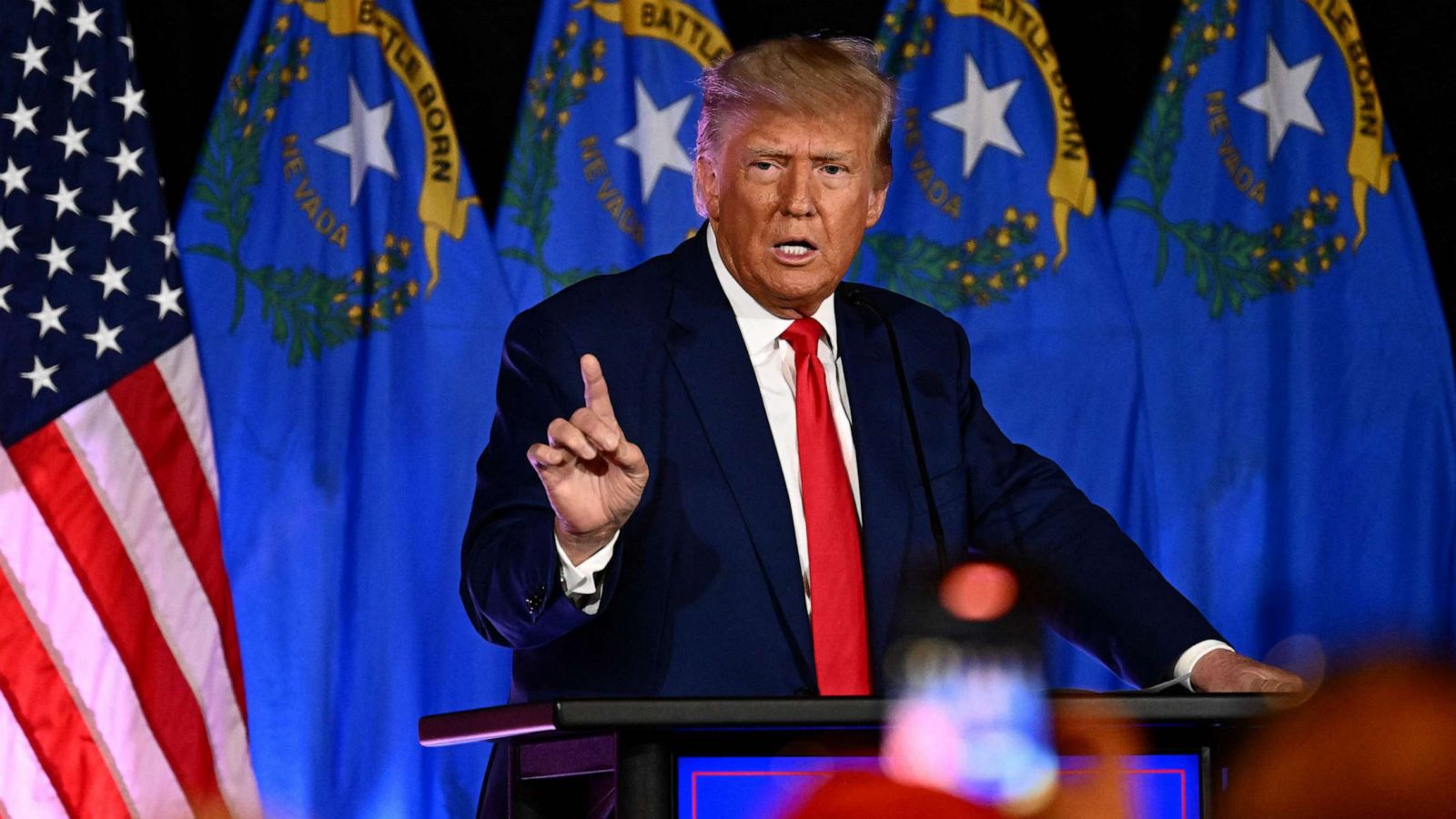Former US presidents, often regarded as the most powerful individuals in the world during their tenure, undergo a significant shift in their roles and responsibilities once they leave office. While they may no longer hold the reins of executive power, they are not entirely free from constraints. A series of regulations and protocols govern their post-presidential lives, aiming to preserve the integrity of the presidency and prevent any potential misuse of their influence or access to sensitive information. Here, we delve into 15 notable restrictions imposed on former US presidents after they exit the Oval Office.
- Compliance with the Law: Former presidents, despite their stature, are not immune to legal scrutiny. They are bound to adhere to the laws of the land and may not engage in activities that violate them.
- Confidentiality of Classified Information: Access to classified information is a privilege bestowed upon presidents during their tenure. However, upon leaving office, former presidents are prohibited from selling or sharing any classified information they acquired during their presidency, safeguarding national security interests.
- Limitation on Presidential Terms: The 22nd Amendment of the US Constitution imposes a significant restriction on former presidents’ political aspirations. Most ex-presidents are constitutionally barred from seeking reelection to the presidency, limiting them to a maximum of two terms in office.
- Driving Restrictions: Former presidents relinquish the freedom to drive themselves around on public streets or roads. Security concerns necessitate that they rely on designated drivers or security personnel for transportation.
- Security Measures for Mail: The Secret Service, responsible for the protection of former presidents, rigorously inspects all incoming mail to their residences to ensure their safety and security.
- Approval for Technology Purchases: Former presidents must seek approval from the Secret Service before acquiring any technological devices, such as mobile phones or laptops, to prevent potential security breaches or vulnerabilities.
- Limitations on Corporate Roles: Recent legal proceedings have highlighted restrictions placed on former presidents regarding corporate involvement. For instance, former President Trump was barred from serving as a company director in New York for three years as a consequence of a civil fraud case.
- Business Certificates Dissolution: In certain legal contexts, former presidents may face repercussions such as the dissolution of business certificates, although this penalty, often referred to as the “corporate death penalty,” may not always be imposed.
- Corporate Leadership Bans: Family members of former presidents may also encounter limitations on their corporate roles. In the aforementioned civil fraud case involving Trump, his adult sons were prohibited from serving as executives in New York for a specified duration.
- Legislative Restraints: Ex-presidents are stripped of their authority to enact legislation, thereby relinquishing the power to shape the nation’s laws and policies.
- War Declaration Prohibition: The constitutional authority to declare war rests solely with the US Congress. Consequently, former presidents are precluded from unilaterally initiating military conflicts or declaring war.
- Budgetary Decision-Making Exclusion: Decisions regarding federal budget allocations and expenditures fall within the purview of the executive branch and Congress. Former presidents are not vested with the authority to influence or determine how federal funds are allocated.
- Legal Interpretation Limitations: The task of interpreting laws and their application lies within the domain of the judiciary. Ex-presidents are not authorized to issue legal interpretations or rulings on matters of law.
- Senate Confirmation Requirement for Appointments: While in office, presidents nominate individuals for key positions, including Cabinet members and Supreme Court Justices. However, these nominations must be confirmed by the Senate, a process that former presidents cannot bypass.
- Restrictions on Official Representation: Ex-presidents are prohibited from representing the US government in official capacities without proper authorization, ensuring that diplomatic and official channels remain under the control of the current administration.
These restrictions serve as essential safeguards to uphold the principles of democratic governance, prevent potential conflicts of interest, and maintain the integrity of the presidency. By delineating the boundaries of post-presidential conduct, these regulations aim to ensure that Ex-presidents continue to serve as symbols of statesmanship and uphold the values of the nation they once led.

